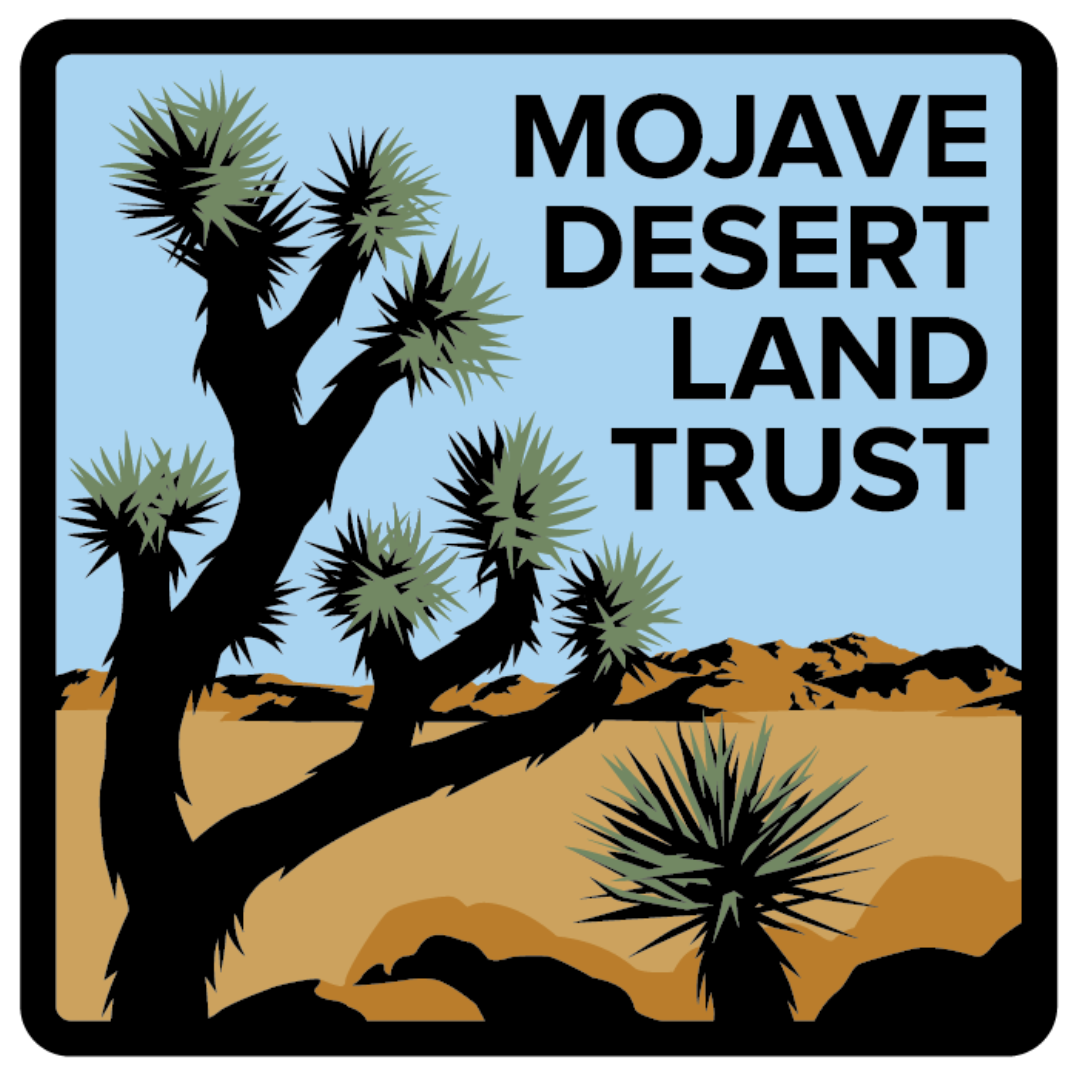The first plants were people
“Among the Cahuilla, plants were not viewed simply as objects which might or might not be useful to man, but as living beings with whom one could communicate and interact….Plants, like any life form, were therefore treated with respect.”- Temalpakh, by Lowell John Bean and Katherine Siva Saubel

By Sean Milanovich, guest writer
Plants are so important to the Indigenous Community of the Cahuilla, Chemehuevi, Mojave, and Serrano.
Plants took care of the People. The plants provided food, medicine, and tools. In return, the People took care of the plants. The plants were pruned, clipped, watered, and burned to foster better health.
The first plants were people. The Creator asked certain People to give of themselves and become plants.
Plants were the last gift from the Creator after his passing. Tobacco was a gift to help clean an area and prepare the mind to talk about things in the spiritual world. Beans came from his semen. Corn came from his teeth. We were told in the beginning to take care of the plants and they will take care of us.
In California, the natural environment provides a great landscape for plants to grow naturally. All locations provided multiple plants for use. Plants were gathered in all environments and elevations in the desert, mountains, and the coast. If Indigenous People did not have an item in their region, they traded for it.
Here in the desert: agave, pinyon, mesquite, and oak were 4 staple plants that provided a reliable source of food and nutrients. Some of the plants like mesquite were so important, seasonal calendars were made around them.
Sean Milanovich is an employee of Joshua Tree National Park. He works in the cultural department as a researcher and is a PhD candidate at University California Riverside in Native American History.
To learn more about the importance of native plants in Native American culture, visit http://naeb.brit.org/ or https://en.wikipedia.org/wiki/Native_American_ethnobotany
